Writing Notes: Flat & Round Characters
Writing Notes: Flat & Round Characters

Flat Characters - Consist of only a few features (usually based on clichés). They’re generally static characters meant to serve the story.
Round Characters - Have depth. They have weaknesses, strengths, flaws, fears, tastes, and dreams. They are well characterized in order to seem real. They're dynamic and change over time. They feel affected by the story’s events because they suffer their consequences and learn from them which makes them more realistic and believable.
The use of flat characters
Flat characters are often used in TV comedies (30-minute sitcoms with canned laughter) because comedic stories usually focus on the anecdote and the joke.
Thanks to their commonplace situations and characters, sitcoms are able to transmit a sense of familiarity to the spectator.
Flat characters also have a supporting role in stories with round main characters in order to achieve one of these effects:
Fast recognition: You need your readers/audience to easily recognize the type of characters you are presenting.
Contrast: Flat and/or static characters can highlight the internal or external evolution of round characters.
When to avoid flat characters
Unless you’re specifically looking for one of the previous effects listed for flat characters, it’s best that your characters (especially the protagonists) are round in order for your readers to identify with them.
Creating round and deep characters
Consider the following:
1. Internal Changes
Do your characters undergo any internal changes throughout the story?
Think about their situation at the beginning of the story.
Is it the same as it is at the end? It shouldn’t be.
They can be worse or better, but the story’s events should have affected them in some way.
2. External Changes
Do the external circumstances surrounding your characters change throughout the story?
Just as their personalities suffer variations, their external conditions should as well.
For example, one of your characters could be a farmer at the beginning of the story and then become a warrior by the end.
3. Goals
What do your characters want?
They should have a conscious desire – something that moves them into action.
4. Wishes
What do your characters need?
Regardless of what they think they want, there’s something they need at an unconscious level – something different from what they consciously desire.
That contradiction will bring depth to your fictional heroes.
5. Achievements
What do your characters attain?
Do they achieve any of their goals?
How does that affect them?
If you have the answer to the last question, you’ll have a clearer idea of how the story’s events have changed their way of facing life.
For instance, if they achieve what they wanted at the beginning of the tale but that’s not what they really need, they can learn from their mistakes and try to correct them.
However, they might also give into frustration.
6. Weaknesses
What are their weaknesses?
Everybody makes mistakes and has fears and flaws, so if you want your characters to be more believable, they’d better have weak points and see themselves in need of facing them if possible.
Your characters overcoming these weaknesses or not depends on the story you want to tell and on the type of evolution you want them to experience.
Some overcome them and progress while others don’t and fail. The contrast between them is what makes the story more believable.
7. Strengths
What are their strengths?
Apart from weaknesses, your characters can have strong points they may or may not know about.
Sometimes, they discover them and learn how to make the most of them.
Other times, they do not know, and it leads them to failure.
You, as a writer, should be clear about those strengths and so should your readers be in order to better understand your characters.
8. Conflicts
What’s your characters’ inner conflicts?
Once you’ve answered the previous seven areas of question, you’ll find this one easier to answer.
Every good character must deal with an inner conflict throughout the story such as a mental debate between what they need and what they want or a moral struggle between what they’re trying to attain and what they consider correct.
This type of dilemma makes your characters interesting, and their experiences can turn into life lessons for your readers.
Source Writing References: Worldbuilding ⚜ Plot ⚜ Character ⚜ "Well-Rounded Character" Worksheet ⚜ On Conflict
More Posts from One-braincell-in-use and Others
I am in need of assistance
My friend(ignorant) is insisting that Rapunzel is “useless because she doesn’t have her magic hair anymore.”
I need everyone-I mean everyone-who comes into contact with this to reblog if you agree that Rapunzel is useful, amazing, beautiful, and imperfect in her own human way, to prove my friend wrong. SERIOUSLY, LOOK AT HER!








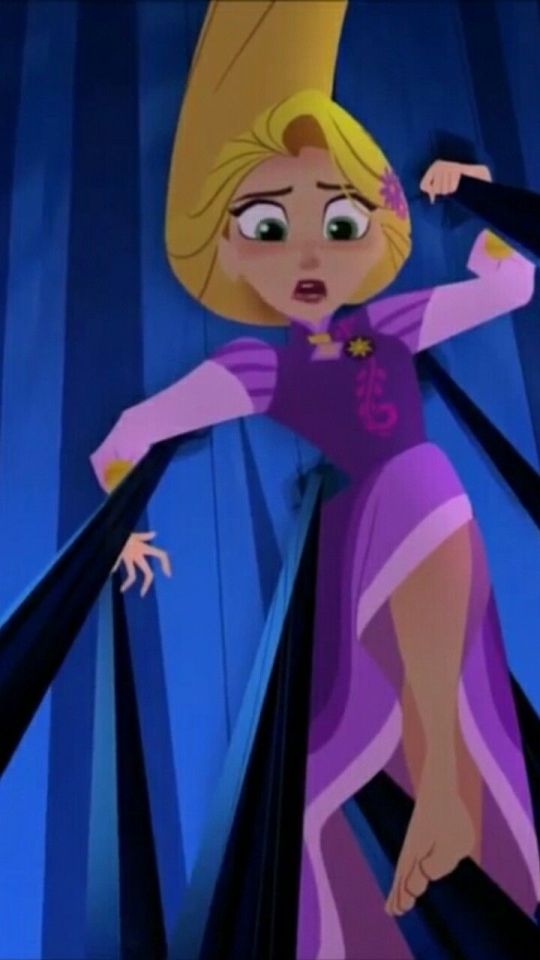





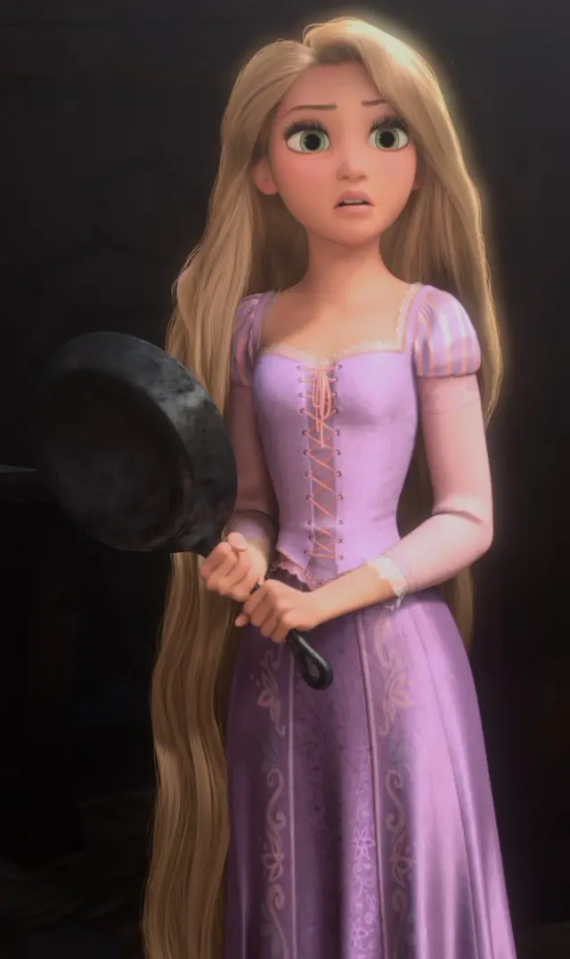
Useless my ASS.

Too Christian for the queers. Too queer for the Christians. It’s a hard road that we walk, isn’t it?


so can we start hunting down white liberals now or what
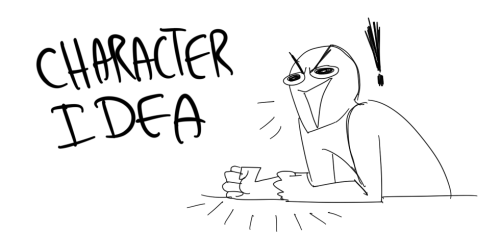
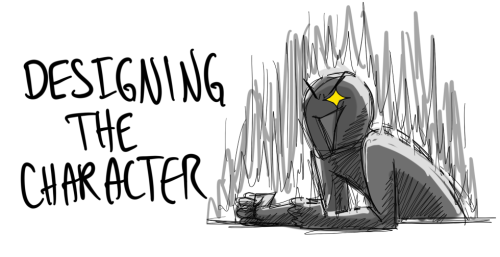
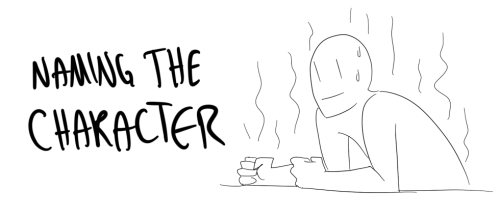
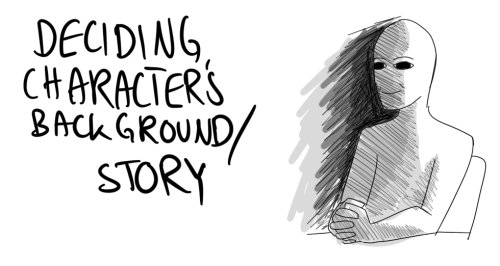
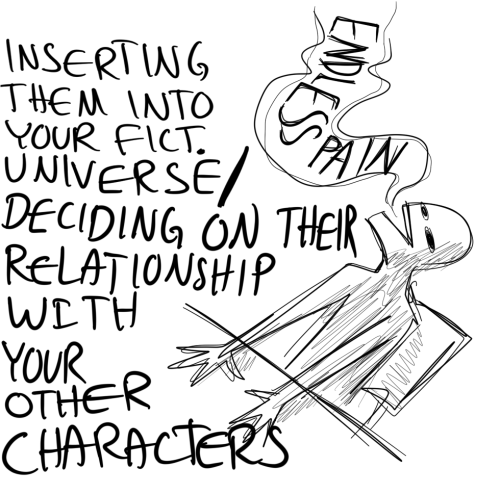
the suffering never ends

you punch nazis!
(requested by anonymous)
Hi! This is some stuff about me!
Okay, so, um, call me Micah! I'm a Mexican-American Catholic who is in too many fandoms. Some of the fandoms are:
Percy Jackson
Newsies
Vat7k
TTS
Voltron
Dead Plate
And MOREEEEE! WAY MORE!
I'm still a minor, so, no, Micah is not my real name.
Go crazy! I don't care what you do here as long as it's not rude.
MEDDA!!!!
Gonna tell my kids this was Chappel Roan

Seing this pin

And listening to
Like WOW
Varian deserves that song wayyyyyyyyyyy more than Light does
can you reblog a two-part post in the correct order?

-
 casualshrimp liked this · 2 weeks ago
casualshrimp liked this · 2 weeks ago -
 theelusivemidnighthoe liked this · 2 weeks ago
theelusivemidnighthoe liked this · 2 weeks ago -
 antihell liked this · 1 month ago
antihell liked this · 1 month ago -
 diantimee liked this · 1 month ago
diantimee liked this · 1 month ago -
 crypticglowo liked this · 2 months ago
crypticglowo liked this · 2 months ago -
 zephyrneko liked this · 2 months ago
zephyrneko liked this · 2 months ago -
 moomoofall liked this · 2 months ago
moomoofall liked this · 2 months ago -
 jayjayjay719 liked this · 2 months ago
jayjayjay719 liked this · 2 months ago -
 lightbluefog liked this · 3 months ago
lightbluefog liked this · 3 months ago -
 misakiene liked this · 3 months ago
misakiene liked this · 3 months ago -
 theadhddimsenion reblogged this · 3 months ago
theadhddimsenion reblogged this · 3 months ago -
 theadhddimsenion liked this · 3 months ago
theadhddimsenion liked this · 3 months ago -
 adorable-bookworm liked this · 3 months ago
adorable-bookworm liked this · 3 months ago -
 autisticchangeling77 liked this · 3 months ago
autisticchangeling77 liked this · 3 months ago -
 felipeliveon17329 liked this · 3 months ago
felipeliveon17329 liked this · 3 months ago -
 doedotdoc reblogged this · 3 months ago
doedotdoc reblogged this · 3 months ago -
 abelsdove liked this · 3 months ago
abelsdove liked this · 3 months ago -
 keeper-of-gates liked this · 3 months ago
keeper-of-gates liked this · 3 months ago -
 promiscuousg1rl reblogged this · 4 months ago
promiscuousg1rl reblogged this · 4 months ago -
 promiscuousg1rl liked this · 4 months ago
promiscuousg1rl liked this · 4 months ago -
 quiven liked this · 4 months ago
quiven liked this · 4 months ago -
 meibruges liked this · 4 months ago
meibruges liked this · 4 months ago -
 mintragedy liked this · 4 months ago
mintragedy liked this · 4 months ago -
 stuckupinmymind liked this · 4 months ago
stuckupinmymind liked this · 4 months ago -
 3tern reblogged this · 4 months ago
3tern reblogged this · 4 months ago -
 moonlightcrusader liked this · 4 months ago
moonlightcrusader liked this · 4 months ago -
 bambooswordwielder liked this · 4 months ago
bambooswordwielder liked this · 4 months ago -
 one-braincell-in-use reblogged this · 4 months ago
one-braincell-in-use reblogged this · 4 months ago -
 vesmiaa liked this · 4 months ago
vesmiaa liked this · 4 months ago -
 halamadridynadamasblog liked this · 4 months ago
halamadridynadamasblog liked this · 4 months ago -
 catsith21 liked this · 4 months ago
catsith21 liked this · 4 months ago -
 funshinelemons liked this · 4 months ago
funshinelemons liked this · 4 months ago -
 miscellaneousjo liked this · 4 months ago
miscellaneousjo liked this · 4 months ago -
 casiodana-aria-varta reblogged this · 4 months ago
casiodana-aria-varta reblogged this · 4 months ago -
 casiodana-aria-varta liked this · 4 months ago
casiodana-aria-varta liked this · 4 months ago -
 one-braincell-in-use liked this · 4 months ago
one-braincell-in-use liked this · 4 months ago -
 myriadofexhaustion liked this · 4 months ago
myriadofexhaustion liked this · 4 months ago -
 yupuffin reblogged this · 4 months ago
yupuffin reblogged this · 4 months ago -
 hobbysognodilibri liked this · 4 months ago
hobbysognodilibri liked this · 4 months ago -
 unrealistic-ideas-for-writers reblogged this · 4 months ago
unrealistic-ideas-for-writers reblogged this · 4 months ago -
 unrealistic-ideas-for-writers liked this · 4 months ago
unrealistic-ideas-for-writers liked this · 4 months ago -
 artisan-king-morleus liked this · 4 months ago
artisan-king-morleus liked this · 4 months ago -
 fwleminql liked this · 4 months ago
fwleminql liked this · 4 months ago -
 blade-liger-4ever liked this · 4 months ago
blade-liger-4ever liked this · 4 months ago -
 certifiedbookaholic liked this · 4 months ago
certifiedbookaholic liked this · 4 months ago -
 nessascribbles liked this · 4 months ago
nessascribbles liked this · 4 months ago -
 somethingsomethingcranberries liked this · 4 months ago
somethingsomethingcranberries liked this · 4 months ago

I go by he/him, call me Micah! Minor, student, and professional procrastinator.
55 posts